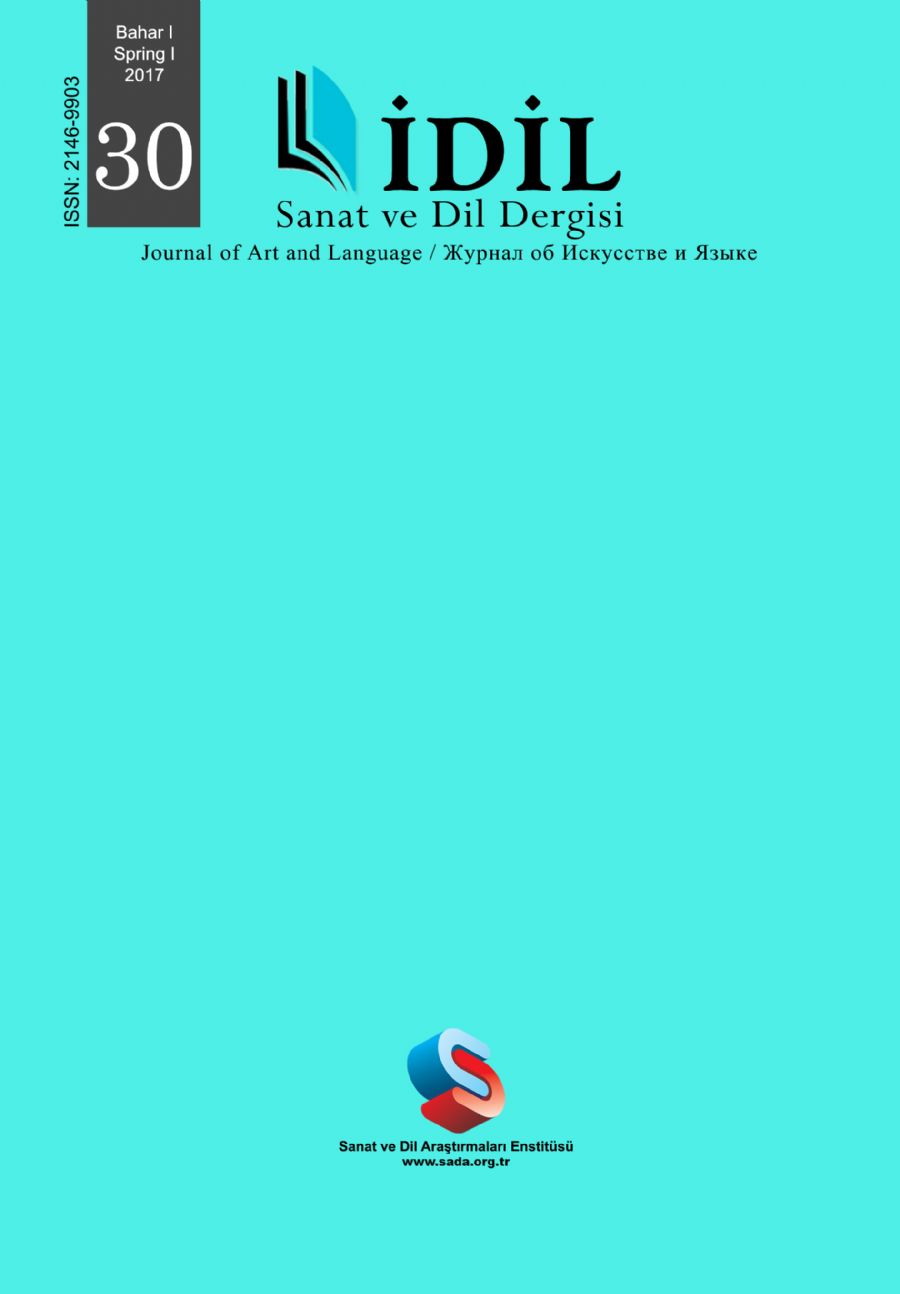ORYANTALİZM – POSTKOLONYALİZM ve SANAT
ORIENTALISM – POSTCOLONIALISM and ART
Author(s): Yunus KayaSubject(s): Anthropology, Fine Arts / Performing Arts, Recent History (1900 till today), Structuralism and Post-Structuralism
Published by: Sanat ve Dil Araştırmaları Enstitüsü
Keywords: Colonialism; New Orientalism; Orientalism; Other; Postcolonialism;
Summary/Abstract: Since the antiquity, the main reason why the Western world is interested in the exotic structure and natural resources of the East is based on the desire of the Western world to dominate the East and to keep under control. While this goal The West has tried to give an academic identity to all its practices and it has been struggling to legitimize all its practices. Moving from this aim, The West invented "orientalism" which is a political initiative to make the eastern colonies. Masked orientalism thought academic, philosophical and artistic has been a Project that nurtured the colonial initiatives. Thus, on the one hand with produced knowledge of the East under the roof of orientalism the activities of colonialism were developed, on the other hand, orientalism was financed by the resources obtained from colonialism to continued colonialism. After the Second World War, with the domination of America, European countries lost their sovereignty in the east. American-centered in that new period, almost every thought/discipline: poststructuralism, postmodernism, postmarkism, postcolonialism, etc. took the prefix "post". Like postmodernism and postcolonialism some disciplines by taking the prefix "post" caused "doubtful" meaning. The people of the countries that J. Yung called "tricontinental" (Latin America, Asia and Africa) have shown a critical attitude towards orientalism and colonialist countries. With this awakening, especially after 1950-1960, it was anti-Western "postcolonial criticism" to the West by some writers and thinkers etc. of the country who survived colonialism (crustal change of colonialism). Transformed colonialism continued as the worst form of postcolonial practices and imperial practices. Orientalism has been described with some examples in painting, cinema, literature, even Istanbul Biennial considering the artistic, philosophical and scientific characteristics from the Renaissance to today. In this context, to question facts the political, economic and cultural backgrounds the "orientalism" mask produced by the West and to examine its relation with "postcolonialism" is the main aim of this article. Another goal of this article is to examine the ontological, epistemological and sociological effects of "colonialism", "orientalism"/neo-orientalism and "post-lolonialism".
Journal: İdil Sanat ve Dil Dergisi
- Issue Year: 6/2017
- Issue No: 30
- Page Range: 647-665
- Page Count: 19
- Language: Turkish

